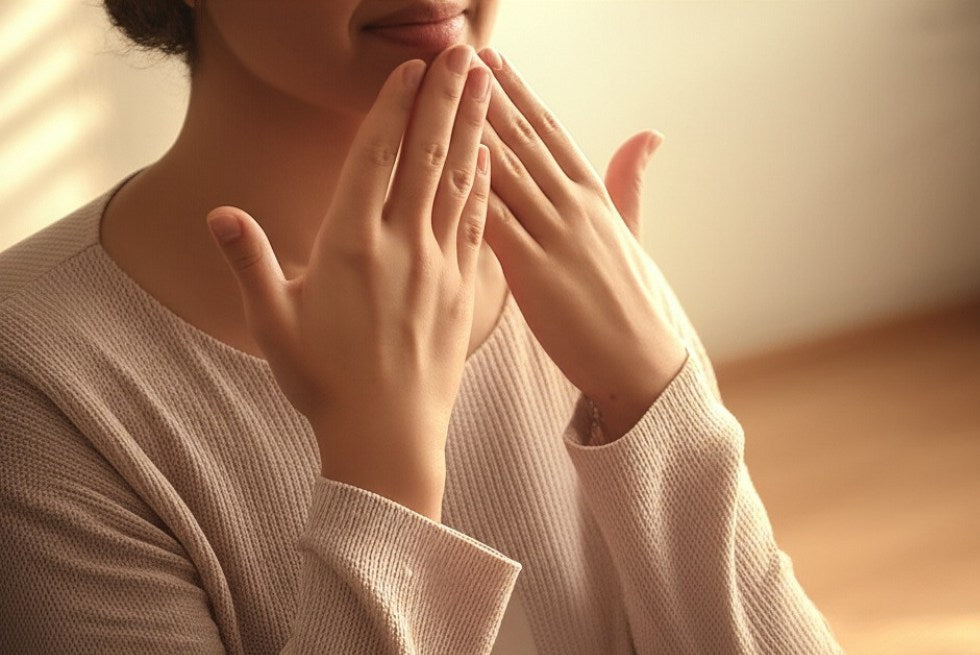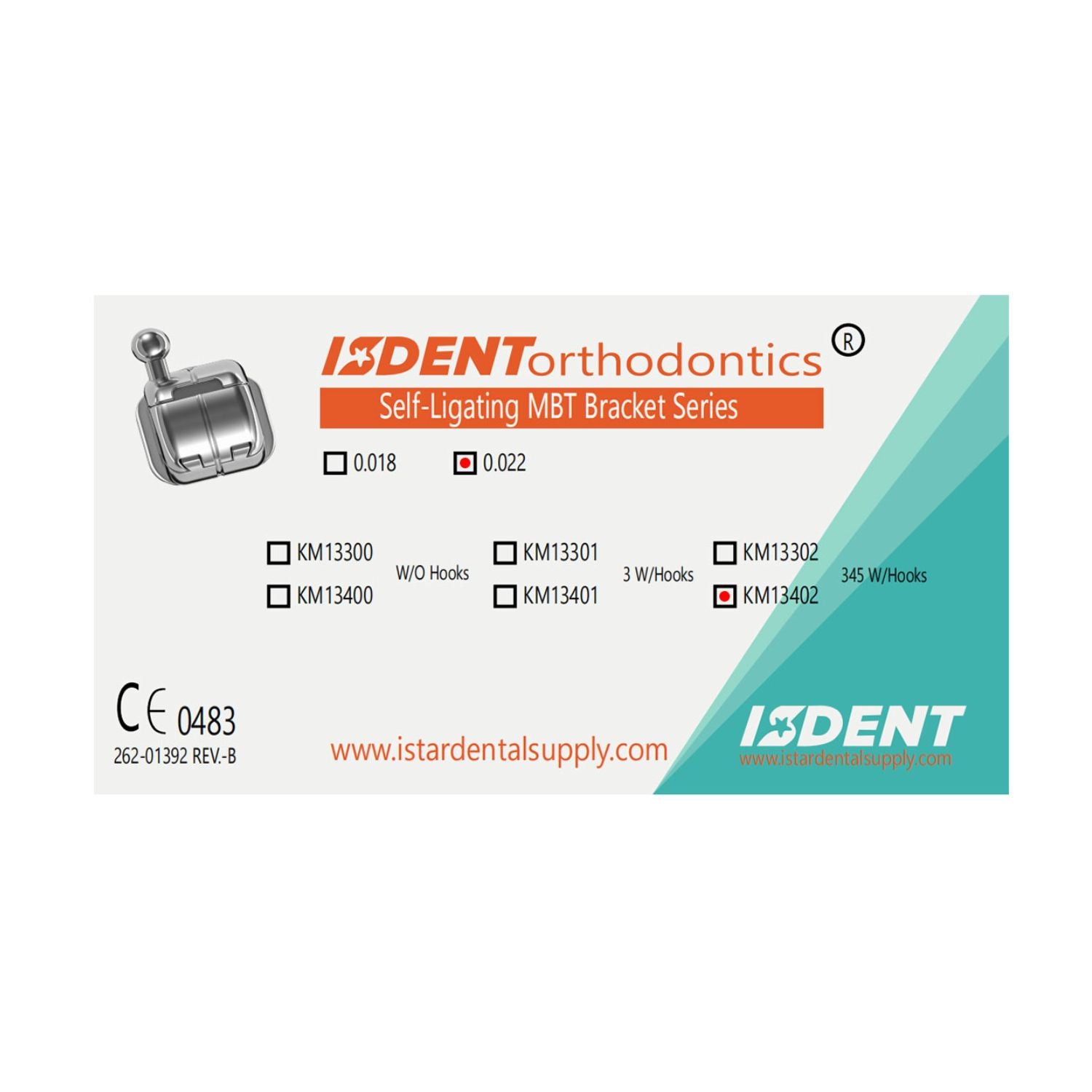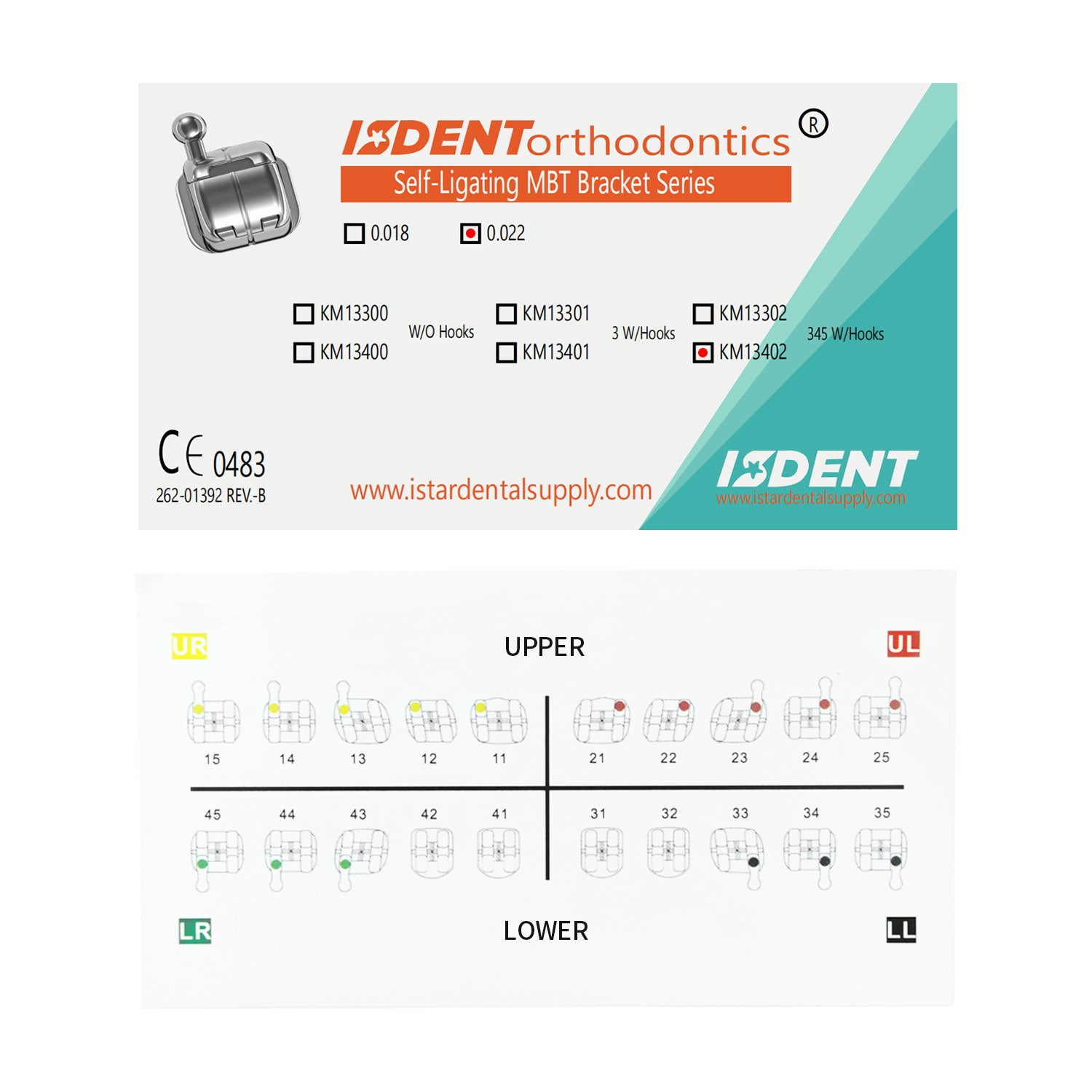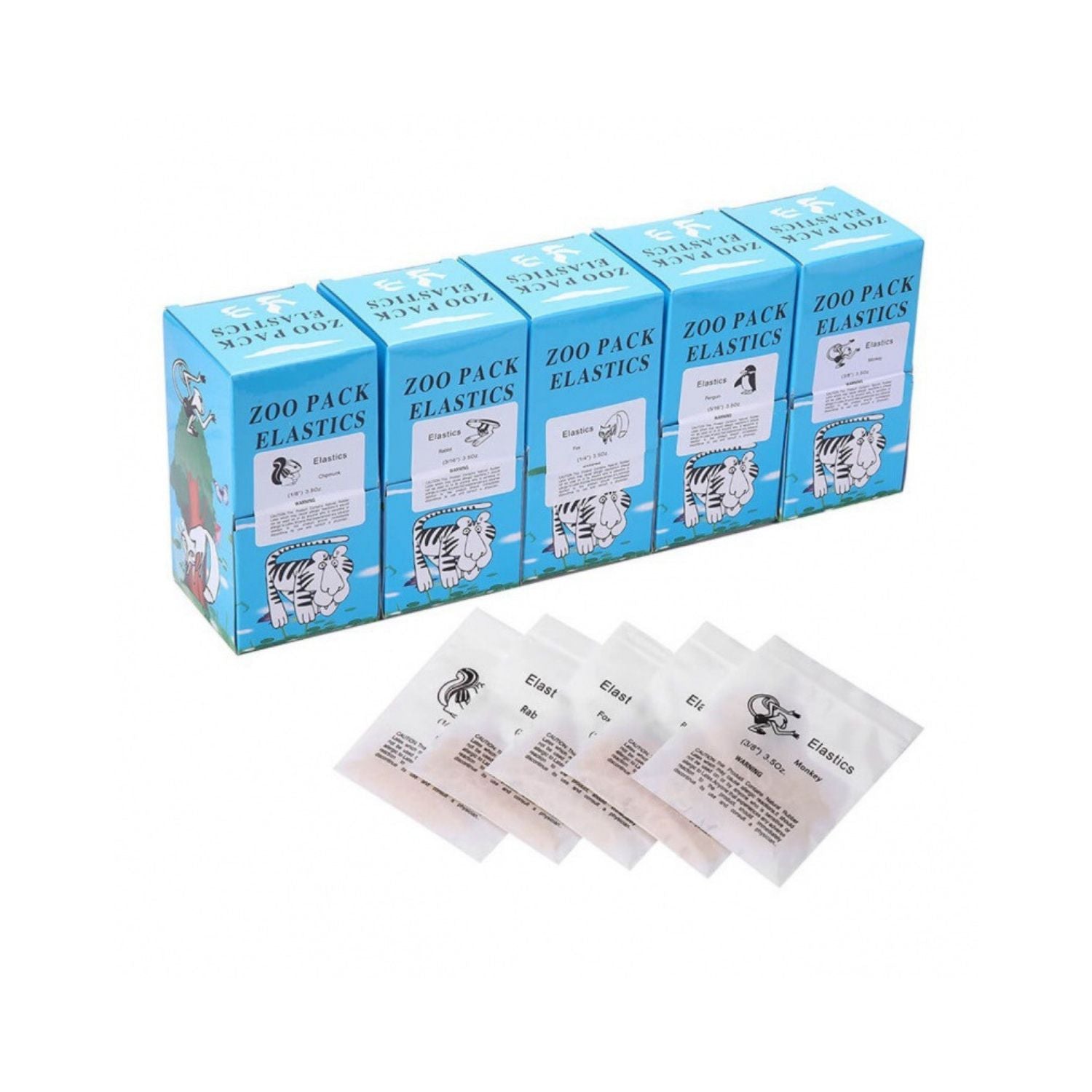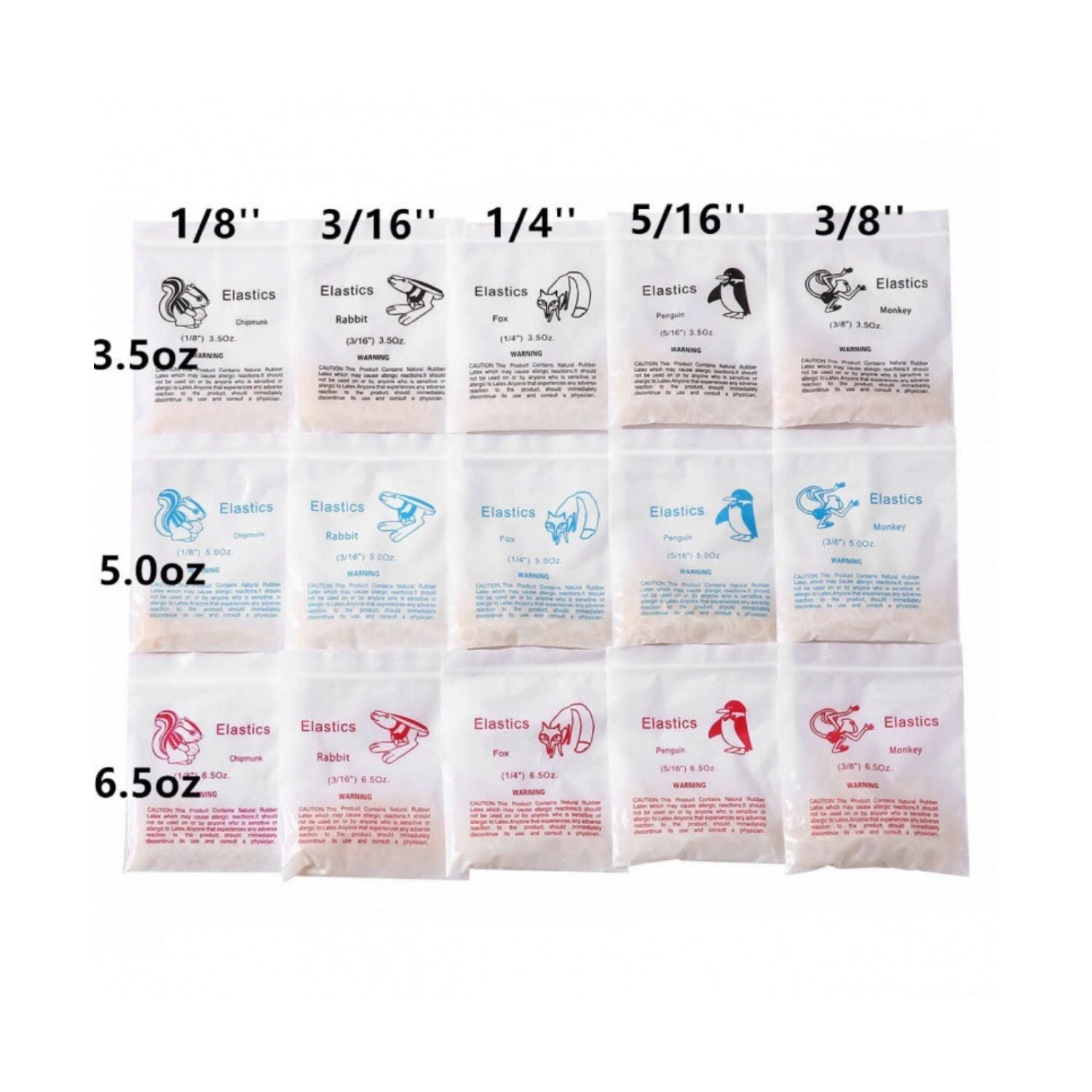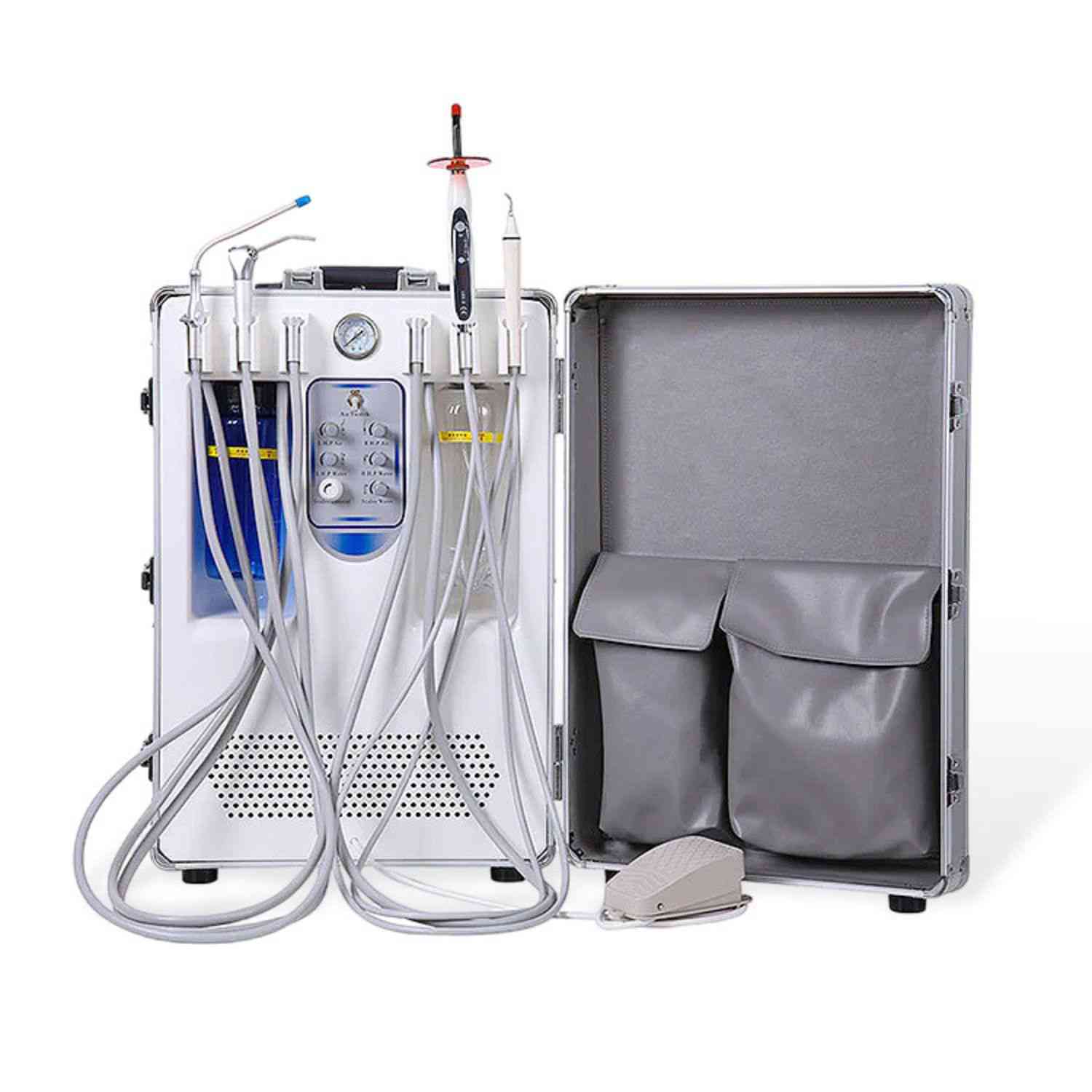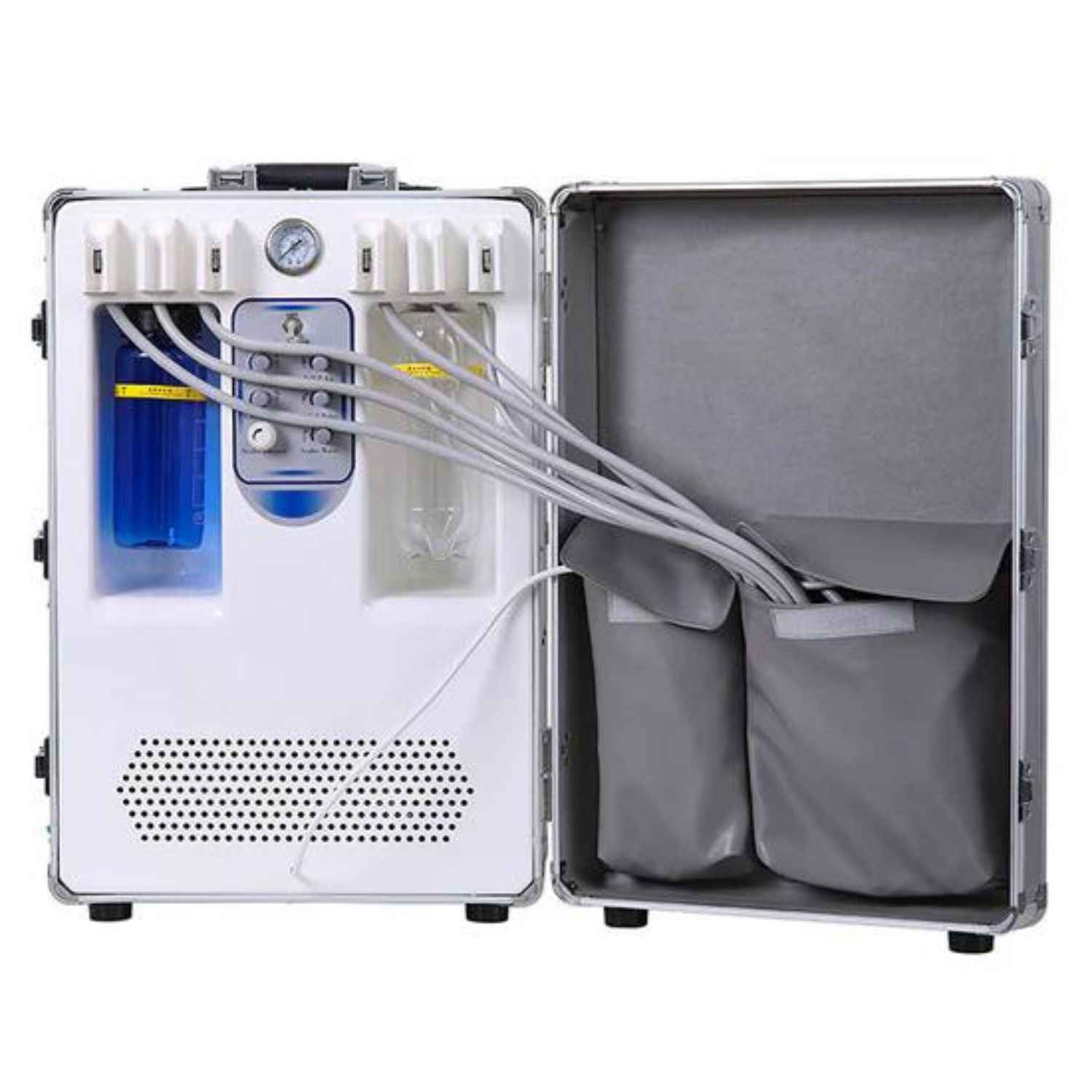What Causes Teeth Grinding? Understanding the Root of Bruxism
Do you wake up with a sore jaw or headache? You might be grinding your teeth at night. Teeth grinding (also called bruxism) affects many people. This habit can hurt your teeth and jaw over time.
In this article, we'll explore what makes people grind their teeth. We'll look at common causes like stress and sleep problems, plus ways to stop the grinding.
Key Takeaways
- Teeth grinding is linked to stress, sleep disorders, misaligned bites, and medicine side effects
- Around 8-31% of adults grind their teeth, with people aged 25-44 most affected
- Chronic bruxism can lead to jaw pain, headaches, and tooth damage
- Solutions include night guards, stress management, and treating other health problems
Primary Causes of Teeth Grinding
Stress and Anxiety
Feeling stressed or worried is the top reason people grind their teeth. In fact, 70% of bruxism cases come from stress or anxiety. When you're stressed, your body makes more cortisol (a stress hormone). This can make your jaw muscles tense up.
Many people clench their teeth during the day without knowing it, especially when they're focused on hard tasks or feeling anxious. This habit often continues during sleep.
Sleep Disorders
Sleep problems and teeth grinding often go together. Research shows 25% of adults with sleep apnea also grind their teeth. Sleep apnea happens when breathing stops and starts during sleep.
If you have sleep apnea, your brain might wake you up many times at night to restart breathing. These mini wake-ups can trigger teeth grinding. People with sleep apnea who use CPAP machines report 40% fewer grinding episodes.
Other sleep issues like REM sleep behavior disorder and sleepwalking can also cause bruxism.
Dental or Jaw Misalignment
Sometimes the problem is in your mouth itself. When your teeth don't line up right (called malocclusion), your jaw might try to find a comfortable position by grinding.
About 15% of bruxism cases happen because of bite problems. TMJ disorders (problems with your jaw joint) can also lead to grinding.
You can find high-quality dental equipment for diagnosing and treating these issues at professional dental supply stores.
Medications and Substances
Some medicines can make you more likely to grind your teeth. These include:
- SSRIs (depression and anxiety medicines) - increase bruxism risk by 18-30%
- Stimulants for ADHD
- Some antipsychotic medicines
Other substances that can make grinding worse:
- Caffeine
- Alcohol
- Tobacco
- Some recreational drugs
Heavy caffeine users who drink more than 4 cups per day have a 1.5 times higher risk of grinding their teeth.
Lifestyle Factors
Your daily habits can affect teeth grinding too:
- Poor sleep habits (irregular bedtime, screen time before bed)
- Smoking (makes grinding more likely)
- Dehydration
- High stress lifestyle
Less Common but Significant Causes
Neurological Conditions
Some brain and nerve problems can cause teeth grinding:
- Parkinson's disease
- Huntington's disease
- Problems with the trigeminal nerve (a major nerve in your face)
People with these conditions often need special dental care from professionals with the right dental handpieces and tools.
Genetic Predisposition
Family history plays a role too. Children who have a parent who grinds teeth are 50% more likely to develop bruxism themselves. If grinding runs in your family, pay extra attention to symptoms.
GERD and Nutritional Deficiencies
Acid reflux or GERD can trigger teeth grinding. The acid that comes up from your stomach can irritate your throat and jaw muscles.
Being low in certain nutrients like magnesium or calcium might also play a role in bruxism, though more research is needed.
How to Identify Teeth Grinding
Many people don't know they grind their teeth until someone tells them or a dentist notices the damage. Here are signs to watch for:
- Morning jaw pain or stiffness
- Headaches, especially when you wake up
- Worn down, flat, or chipped teeth
- Sensitive teeth
- Tired jaw muscles
- Earaches with no ear problem
- Indentations on your tongue
- Your sleep partner hears grinding noises at night
When to See a Dentist or Doctor
You should see a professional if you have:
- Ongoing pain in your jaw, face, or ear
- Damaged teeth
- Trouble opening or closing your jaw
- Sleep problems like snoring or feeling tired all day
A dentist can check for teeth damage and may recommend a custom night guard. These special mouth guards are made to fit your teeth perfectly and protect them while you sleep. Quality dental impressions ensure these guards fit properly.
If sleep problems seem to be causing your grinding, a doctor might suggest a sleep study to check for sleep apnea or other sleep disorders.
Teeth Grinding Statistics: What the Research Shows
Here's a helpful breakdown of key facts about teeth grinding:
| Fact Category | Key Statistics |
|---|---|
| How Common | 8-31% of adults grind their teeth |
| Age Group | Most common in ages 25-44 |
| Gender | Women are 1.5x more likely to report bruxism |
| Stress Connection | 70% of cases linked to stress/anxiety |
| Sleep Apnea Link | 25% of sleep apnea patients also grind teeth |
| Children | About 30% of kids grind teeth |
| Cost of Damage | $300-$1,500 per year in dental repairs |
| Treatment Success | Proper night guards reduce damage by 80% |
Prevention and Treatment Options
Stress Reduction Techniques
Since stress is the top cause of grinding, these methods can help:
- Deep breathing exercises
- Meditation or mindfulness (apps like Calm reduced grinding in 45% of users)
- Yoga or gentle stretching before bed
- Therapy – Cognitive Behavioral Therapy (CBT) cut grinding by 60% in high-stress patients
- Journal writing to process worries
Better Sleep Habits
Improving sleep can reduce bruxism:
- Keep a regular sleep schedule
- Avoid screens 1 hour before bed
- Make your bedroom dark and quiet
- Limit caffeine after noon
- Try relaxing bedtime routines like reading or taking a warm bath
Night Guards and Dental Devices
Protective devices include:
- Custom night guards made by your dentist (best option)
- Over-the-counter mouth guards (less effective but cheaper)
- Mandibular advancement devices (help with both sleep apnea and grinding)
Your dentist can create a custom guard using special orthodontic supplies for the perfect fit.
Medication Adjustments
If medicines are causing your grinding:
- Never stop taking prescribed medicine without talking to your doctor
- Ask about adjusting dosages or trying different medicines
- Discuss the timing of when you take stimulants
Treating Underlying Conditions
Addressing root causes can stop grinding:
- Sleep apnea treatment (CPAP machines or dental devices)
- TMJ therapy (exercises, massage, heat/cold therapy)
- Bite correction if teeth are misaligned
- Botox injections in jaw muscles (for severe cases)
Case Studies: Real Solutions for Teeth Grinders
Stress-Related Grinding
A 35-year-old office worker noticed worn teeth and frequent headaches. Her dentist confirmed bruxism caused by job stress. After starting evening meditation and using a night guard, her grinding decreased by 60% in three months.
Sleep Apnea Connection
A 42-year-old man's wife complained about his loud grinding at night. A sleep study showed he had sleep apnea. After starting CPAP therapy, both his breathing problems and teeth grinding improved dramatically.
Medication Side Effect
A 29-year-old woman developed severe bruxism after starting an antidepressant. Her doctor switched her to a different medication, and her grinding stopped within weeks.
Common Questions About Teeth Grinding
Is teeth grinding a sign of anxiety?
Yes, anxiety is one of the main causes of bruxism. About 70% of grinding cases link back to stress or anxiety. Treating the anxiety often helps reduce grinding.
Can children grind their teeth?
Yes, about 30% of children grind their teeth. It's especially common during teething, when new teeth grow in, or during growth spurts. Most kids outgrow it, but tell your child's dentist if you notice grinding.
Does bruxism go away on its own?
Sometimes. Temporary stress-related grinding might stop when stress decreases. Children often outgrow grinding. But chronic bruxism usually needs treatment to prevent tooth damage and pain.
Can changing my diet help with teeth grinding?
Maybe. Some people find that cutting back on caffeine, alcohol, and sugar helps reduce grinding. Adding magnesium-rich foods might help too, as magnesium helps relax muscles.
How do I know if my night guard is working?
A good night guard should make your jaw feel more relaxed in the morning. You might still grind, but the guard protects your teeth from damage. If you still have pain or the guard feels uncomfortable, see your dentist for adjustments.
Conclusion
Teeth grinding has many possible causes, from stress to sleep problems to dental issues. The good news is that once you know what's behind your grinding, you can find the right treatment.
If you think you might be grinding your teeth, don't wait to get help. Talk to your dentist about a custom night guard and work on addressing the root causes of your bruxism.
Remember that treating teeth grinding isn't just about protecting your teeth – it's about improving your sleep quality and overall health too. With the right approach, you can stop the grind and wake up feeling better.

